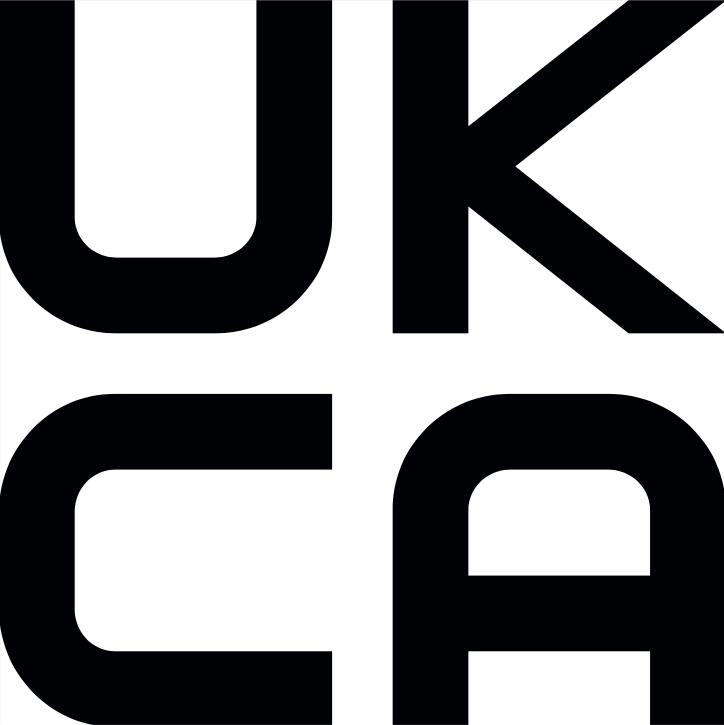From CE to UKCA
In Retail & Merchandising
Follow this topic
Bookmark
Record learning outcomes

Following the end of the Brexit transitional period, the CE mark on many products sold across the UK was replaced by the new United Kingdom Conformity Assessed (UKCA) mark.
The good news, according to Claire Burrows, a director in the regulatory and compliance department at commercial law firm Walker Morris, is that, unlike other product labelling requirements, “the UKCA marking requirements have adopted a phased approach, with the CE mark remaining temporarily valid on most products until 31 December 2021, easing the pressure on businesses.”
Currently, certain goods placed for sale in the European Economic Area (EEA) must bear the CE mark. As Ms Burrows explains: “EU legislation sets out the rules that manufacturers (or their appointed authorised representatives) must follow in order to demonstrate that their products comply with the applicable safety requirements.”
She continues: “This can include a self-declaration by the manufacturer, the assessment of the final product by an EU-accredited body (known as a Notified Body) or an assessment of a product’s design by a Notified Body followed by testing/quality assurance processes.” Until the end of 2020, either the manufacturer or their representative (the ‘responsible person’) had to be based within an EU member state.
The new UKCA mark
The UKCA mark is essentially the UK equivalent of the CE mark. It is a mandatory mark on a product confirming its compliance with UK product safety legislation. It applies in Great Britain – not Northern Ireland, which will continue to use the CE mark.
Ms Burrows says that as with CE marking, “either the manufacturer or their authorised representative will be responsible for affixing the UKCA mark to a product. It’s worth noting that if a business – a retailer for example – is selling a product under its own label, it too will need to make sure products meet the requirements of the regime.”
The two markings are largely the same, says Ms Burrows “apart from the fact that the UKCA only applies in the UK, only requires information in English and derives compliance from UK conformity assessment bodies as opposed to the EU Notified Body system.” The EU declaration of conformity with the relevant product standards has been replaced with a UK-only declaration of conformity to be derived from UK law.
Ms Burrows also points out that “the scope of the products covered, technical requirements and conformity assessment procedures will all remain largely the same as they are now.”
What the changes mean
The UKCA mark has been in use since 1 January this year, but a natural question is what companies can do with CE marked stock they still hold. Ms Burrows advises that they will still be able to use the CE mark until 1 January 2022 in most cases. “But,” she says, “this will only be the case if firms currently apply CE marking to their goods on the basis of self-declaration, any mandatory third-party conformity assessment was carried out by an EU-recognised notified body, and the certificate of conformity previously held by a UK approved body has been transferred to an EU-recognised notified body.”
It is notable that the ability to use the CE mark on products sold in the UK between 1 January 2021 and 1 January 2022 will only continue for as long as the UK and EU requirements remain the same. Should they diverge, Ms Burrows says the position will change.
So, with the landscape set out, what are the penalties for non-compliance with the UKCA requirements? Ms Burrows says they are the same as for non-compliance with the CE marking requirements because they are derived from the EU legislation. She explains that, at present, “enforcement of the CE mark is undertaken by the UK’s market surveillance authorities, which include Trading Standards and the Health and Safety Executive.
“These enforcement authorities have the ability to request sight of technical documentation to ensure compliance, so it is important that all technical files are up to date and reflect the UKCA marking requirements.” In serious cases of non-compliance, there is the possibility of a potentially unlimited fine and imprisonment.
It’s a function of fact that because the UK is now fully outside of the EU and the transitional period has ended, the ground rules have changed. Companies should familiarise themselves with the changes to product safety marking and how these apply to their businesses. Times are tough enough right now without having to deal with official intervention.
